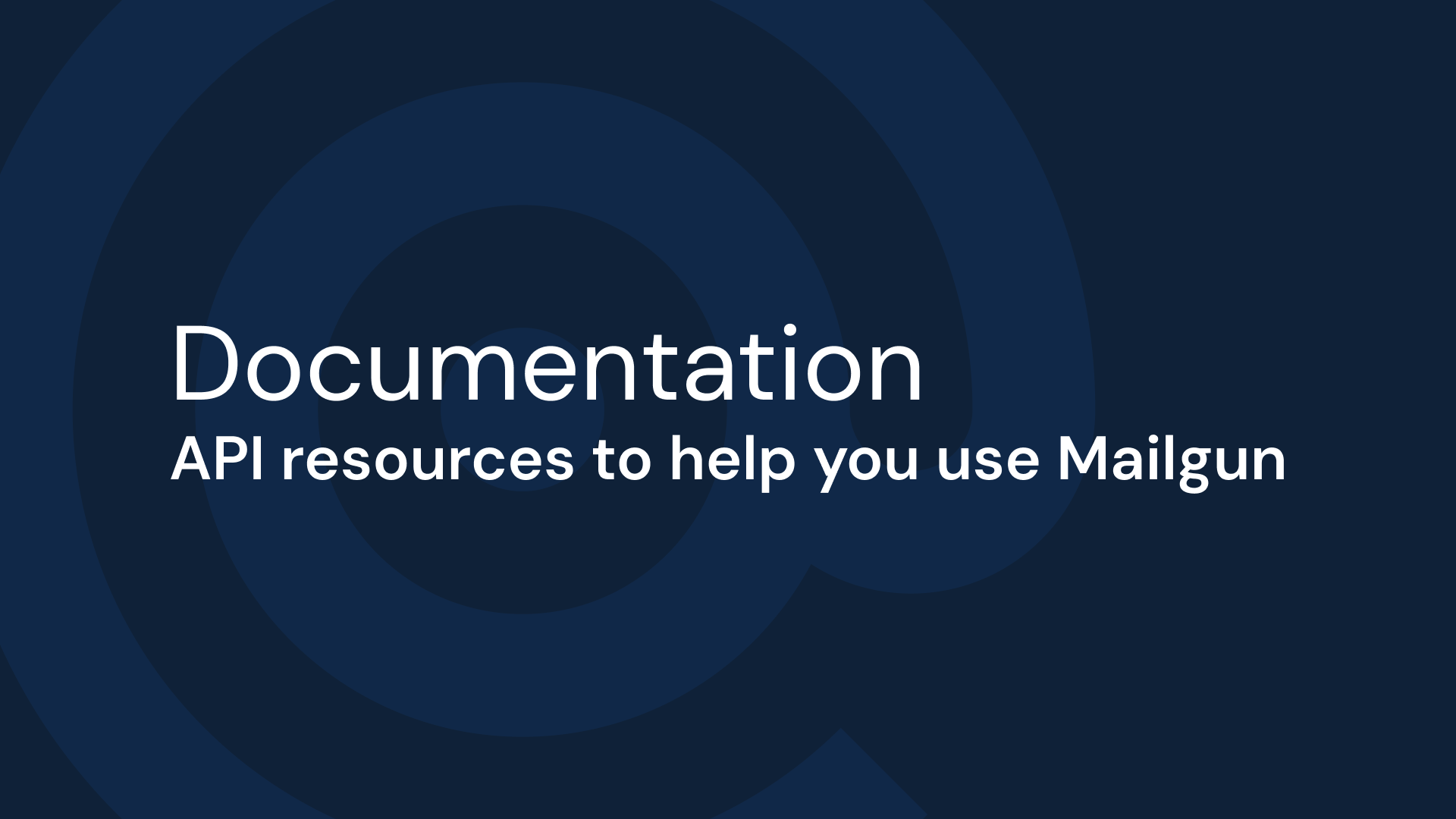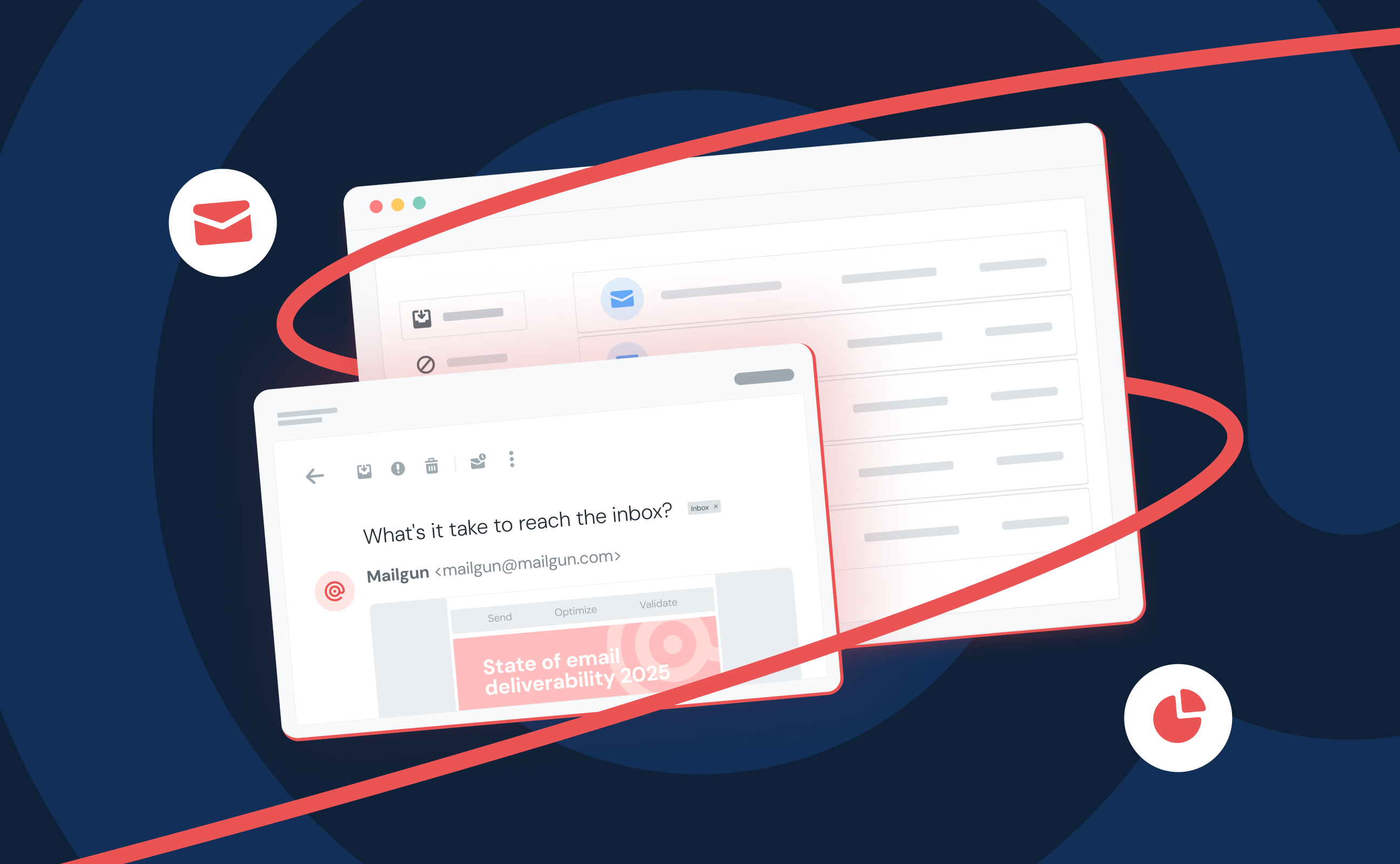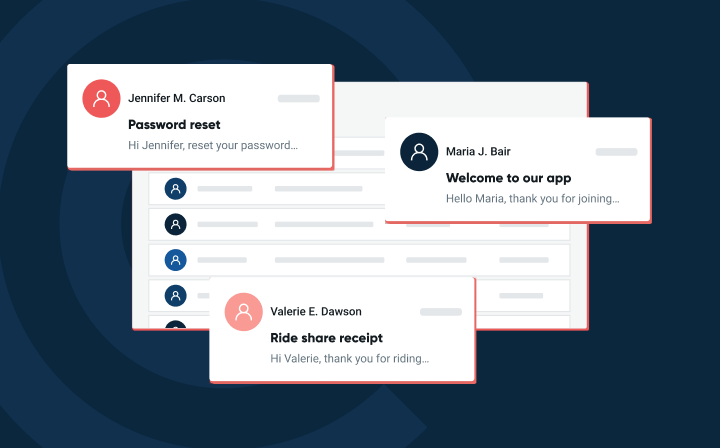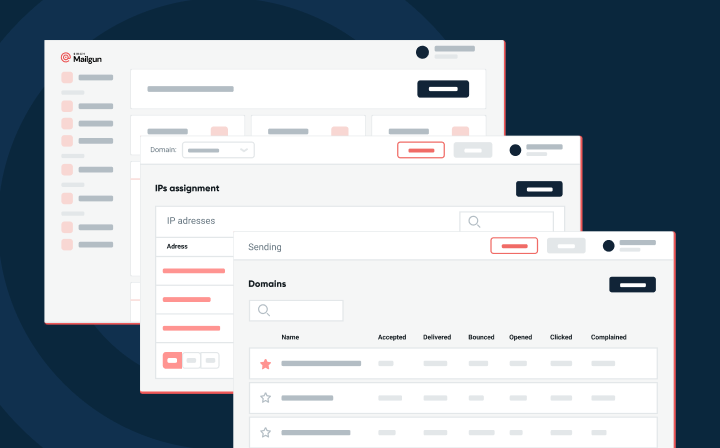Deliverability
Make things easy with email list management best practices
Why is email list management so important? And what are some best practices? We’re diving into this important deliverability element and bringing you pro tips to streamline your email list management and workflow.
PUBLISHED ON
As an email service provider (ESP) we know how layered the email world can be. To be a successful sender, you must master everything from email deliverability, to ROI, email marketing metrics, send-time optimization, analytics, and open conversion and click-through rates.
We hate to say it, but sending email isn’t just about coding a perfect responsive HTML email template and blasting it out to your subscriber list. Even at that point, you have to ask yourself: Should I send via an email API or SMTP?
In this post we’re focusing specifically on email list management. This must-do best practice saves time and resources while boosting your email marketing strategies. We’ll explain what email list management is and some best practices. Plus, we’ll leave you with the best pro tips to streamline your marketing automations and workflow with Mailgun’s email list management service.
Table of contents
Perform regular email address verifications
Keep tabs on email bounces
Use double opt-in measures
Have clear unsubscribe options
Implement a sunset policy
Don’t buy email lists
What is email list management?
Email list management is your strategy for managing your email contact list.
From a technical perspective, it’s how you:
Build your email list.
Maintain your mailing list hygiene.
Perform email verifications and validations.
Manage opt-in and unsubscribe options.
Sunset disengaged users.
From a marketing perspective, it gives you a validated contact database to:
Segment your mailing list by grouping readers with similar characteristics.
Personalize your email content by sending targeted emails based on list segmentation.
Filter email subscribers based on engagement levels.
Send out re-engagement campaigns as needed.
Why is email list management critical?
Okay, at this point, you’re probably thinking, “Wait, isn’t it enough if I’ve carefully built an email list the right way?”
First, let’s make sure we’re on the same page about what the right way is. Getting new subscribers is more than half the battle, but you want to grow your list organically – not purchase existing lists or find covert ways to capture emails... but more on this later.
As your small business shifts and grows, so too should your email list. You should constantly maintain and clean your email lists to ensure your email program stays healthy and your marketing efforts don’t go to waste. If you’re not on top of your email list management, you might experience the following:
Email bounces. If your email list isn’t up-to-date, some of the email addresses on your mailing list may be invalid or no longer in use. Avoid sending emails to invalid email addresses because they’ll result in hard bounces. While soft bounces won’t impact your sender reputation too much, a high hard bounce rate is a red flag for inbox service providers (ISPs). Don’t let ISPs flag your sending domain as spammy or malicious. They might refuse to place your messages in users’ inboxes because they think your emails contain malware.
Decreased open rates. If your email list isn’t current, it might contain disengaged users. These users won’t open your emails because they no longer want them. Decreased open rates are another red flag for ISPs.
Spam complaints. If you don’t make it easy for your readers to unsubscribe from your emails, they might just mark your messages as spam. Too many spam complaints – also known as abuse complaints – cause ISPs to flag your emails as spam. In the best case, you’ll land in the spam folder. In the worst case, you’ll land on a blocklist!
These factors significantly impact your sender reputation and, thus, your deliverability. We’ll help you avoid landing in spam traps, winding up on blocklists, and being flagged by ISPs with email list management best practices.
6 email list management best practices
So how do you get ahead of email deliverability issues? Follow these best practices for list management:
Perform regular email address verifications
Keep your email list clean by ensuring the addresses on your list are valid email addresses. Check out our email verifications tool. In fact, that is one of the easiest steps you can take to maintain a clean list. However, too many email senders (nearly 40% as new research shows) don’t pay attention to this, as Ashley Rodriguez of Sinch Mailgun points out in this video.
Check out our email verifications tool.
Keep tabs on email bounces
Watch out for soft and hard bounces. You'll need to update your mailing list if you’re sending messages and they bounce back. Keep your delivery rates high by removing email addresses that bounce back messages before you send out your next email marketing campaign.
Use double opt-in measures
Reduce the number of invalid addresses on your mailing list using sign-up forms with double opt-in measures. This is a great way to ensure addresses are correct and your readers want to receive your emails.
Have clear unsubscribe options
Make it easy for your readers to unsubscribe. It’s always sad to see them go but trust us; you’d much rather say goodbye than have them mark your emails as spam. Clear unsubscribe links make list management a self-serve function. Disinterested users will become unengaged subscribers, and that dilutes your target audience by impacting your deliverability.
Implement a sunset policy
Not all users will be lifelong users. Developing a sunset policy gives you a playbook to plan re-engagement strategies around low engagement users, and creates a process for retiring inactive users that are hurting your engagement metrics.
Don’t buy email lists
We’ve mentioned this already, but it’s worth saying again. Buying lists can hurt you. Sure, organic growth might be slower and more tedious, but the lists for sale often contain spam traps. Plus, you want your subscribers to want to communicate, and look forward to reading your messages.
Final thoughts
List management is a mission-critical email marketing tool. Regardless of the platform you use to send, be it Mailgun, Mailchimp, Hubspot, or some other email marketing software, list hygiene helps to ensure a higher open rate with a lower bounce rate, and way less chance of landing in the spam folder. Whether you decide to manage your mailing list yourself or use email list management tools and strategies, remember that a clean email list is vital to a healthy ecommerce email campaign.
Ready to get cracking? Try Mailgun’s email validation tools and check out our other email tools to improve your email campaigns and boost your reader engagement. And don’t worry, if you have questions, we’ve got you covered for all your digital marketing efforts from your welcome email to your transactional email program.







